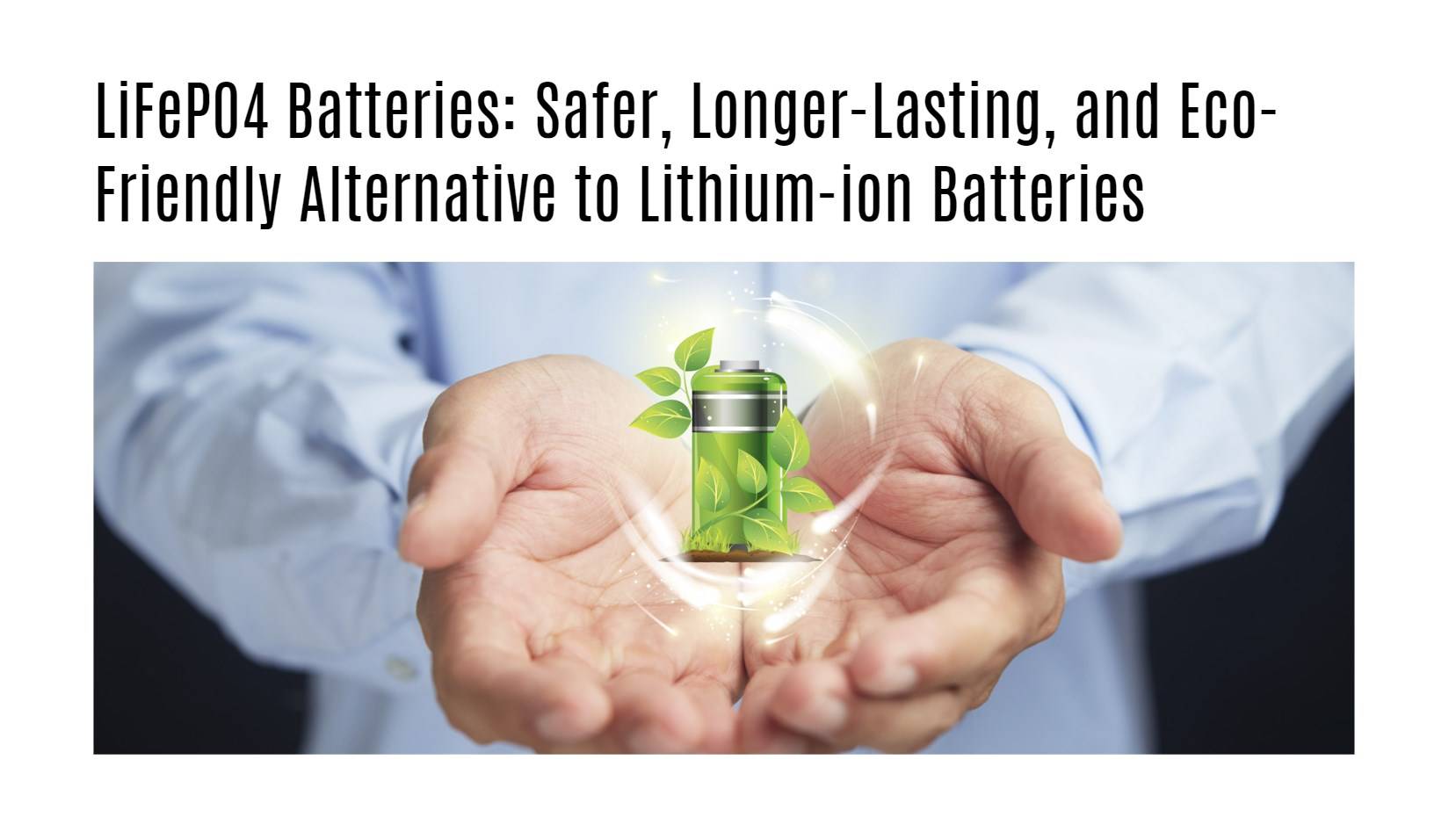LiFePO4 batteries, or lithium iron phosphate batteries, are increasingly recognized as a safer, longer-lasting, and eco-friendly alternative to traditional lithium-ion batteries. Their unique chemical composition provides enhanced safety features, longevity, and environmental benefits, making them suitable for various applications, including electric vehicles and renewable energy systems.
What are the advantages of LiFePO4 batteries?
LiFePO4 batteries offer several significant advantages:
- Safety: They are less prone to thermal runaway, reducing the risk of fire or explosion.
- Long Cycle Life: Capable of enduring over 2000 charge-discharge cycles, they are ideal for frequent cycling applications.
- Environmental Friendliness: Free from toxic heavy metals like cobalt, they present a lower environmental impact.
- Wide Operating Temperature Range: They function effectively in extreme temperatures, enhancing versatility.
- High Power Density: They can deliver substantial power output quickly, making them suitable for high-demand applications.
How do LiFePO4 batteries compare to traditional lithium-ion batteries?
When compared to traditional lithium-ion batteries, LiFePO4 batteries have distinct differences:
- Chemical Composition: While lithium-ion batteries often contain cobalt or nickel, LiFePO4 uses iron phosphate, contributing to its safety and stability.
- Energy Density: Lithium-ion batteries generally have higher energy density, allowing them to store more energy in a smaller volume.
- Safety Profile: The stable chemistry of LiFePO4 makes it less likely to overheat or catch fire compared to traditional lithium-ion options.
- Cycle Life: LiFePO4 batteries typically outlast other lithium-ion types in terms of cycle life due to their robust construction.
What are the disadvantages of LiFePO4 batteries?
Despite their advantages, LiFePO4 batteries do have some drawbacks:
- Lower Energy Density: They store less energy per weight or volume compared to other lithium-ion chemistries.
- Higher Initial Cost: The manufacturing process can be more expensive, leading to higher upfront costs.
- Limited Availability: They may not be as widely available as other battery types.
- Voltage Limitations: Their nominal voltage is lower than that of other lithium-ion cells, necessitating more cells in series for higher voltage applications.
Why is safety a crucial factor for LiFePO4 batteries?
Safety is a paramount concern in battery technology due to potential hazards associated with overheating and combustion. LiFePO4’s stable chemical structure significantly mitigates these risks, making them an excellent choice for applications where safety is critical, such as electric vehicles and residential energy storage systems.
How does energy density affect the performance of LiFePO4 batteries?
The lower energy density of LiFePO4 batteries means they require more space to store equivalent amounts of energy compared to other lithium-ion types. While this can limit their use in compact devices like smartphones, it is less critical in larger systems like electric vehicles or stationary storage solutions where space is less constrained.
What applications benefit most from using LiFePO4 batteries?
LiFePO4 batteries are particularly beneficial in various applications:
- Electric Vehicles (EVs): Their safety and long cycle life make them ideal for powering EVs.
- Renewable Energy Storage: They effectively store energy generated from solar and wind sources.
- Backup Power Systems: Commonly used in uninterruptible power supply (UPS) systems for critical infrastructure.
- Marine Applications: Suitable for boats due to their reliability and safety features.
- Power Tools and Equipment: Their high discharge rates make them ideal for demanding tools.
Tips for Battery Wholesale Buyers
When considering wholesale purchases of lithium batteries:
- Research suppliers based on reputation and product quality.
- Ensure compliance with relevant safety standards.
- Inquire about customization options tailored to specific needs.
- Evaluate pricing structures and shipping logistics.
Redway Battery stands out as an excellent choice for wholesale buyers or OEM orders due to its extensive experience in lithium technology since its establishment in 2012.
Redway Battery Expert Insight
“LiFePO4 technology represents a significant advancement in battery safety and efficiency,” states an expert from Redway Battery. “As we continue to innovate within this space, our focus remains on delivering high-quality solutions that meet both performance standards and environmental responsibilities.”In conclusion, while LiFePO4 batteries present some challenges such as lower energy density and higher costs, their numerous advantages—particularly in terms of safety and longevity—make them an excellent choice for various applications ranging from electric vehicles to renewable energy storage systems. Understanding these pros and cons will help users select the right battery technology effectively.



